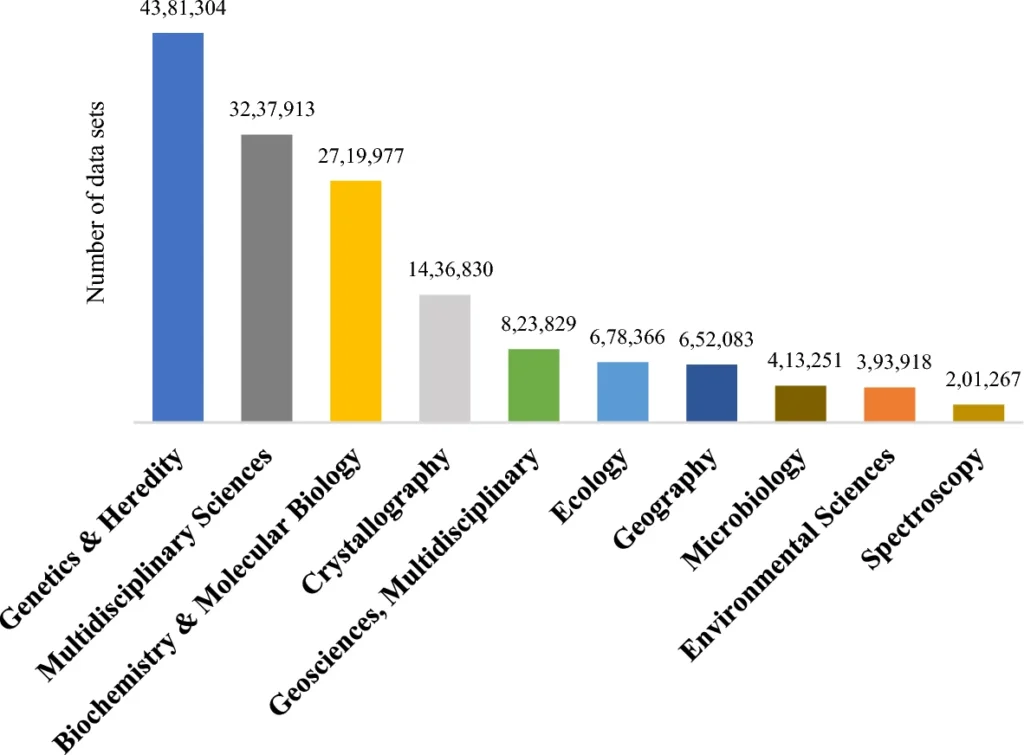
Analysis on Open Data as a Foundation for Data-Driven Research
Analysis on Open Data as a Foundation for Data-Driven Research https://opusproject.eu/wp-content/uploads/2024/03/11192_2024_4956_Fig1_HTML-1024x755.webp 1024 755 Open and Universal Science (OPUS) Project Open and Universal Science (OPUS) Project https://opusproject.eu/wp-content/uploads/2024/03/11192_2024_4956_Fig1_HTML-1024x755.webpIn the ever-evolving landscape of academia, a profound shift is underway. Open Science (OS) has emerged as a beacon of collaboration and knowledge sharing, with Open Data serving as its cornerstone. But what exactly is Open Data, and how is it shaping the future of research?
At its essence, Open Data embodies the ethos of transparency and accessibility, allowing researchers to freely access and utilize datasets for their studies. This paradigm shift has ushered in a new era of “data-driven research,” where the vast reservoirs of data fuel innovation and discovery.
But amidst this wave of change, questions linger. How are different countries and disciplines embracing Open Data? What impact does this have on research practices and citation patterns? To unravel these mysteries, researchers delve into databases like the Data Citation Index (DCI) and the OpenAIRE Graph, seeking insights into the ever-shifting landscape of data-driven inquiry.
The findings are illuminating. Across diverse disciplines and geographic regions, patterns emerge, revealing the nuanced relationship between Open Data adoption and research practices. While some countries lead the charge in data publication, others lag behind, reflecting varying levels of commitment and infrastructure.
Moreover, the analysis uncovers disparities in data citation rates, shedding light on the complex interplay between data availability and scholarly recognition. Disciplines such as Crystallography stand out for their robust data citation culture, while others exhibit more modest levels of engagement.
Yet, amidst these insights lies a challenge: the limitations of existing databases. Discrepancies in data coverage and citation conventions underscore the need for continued scrutiny and refinement. As researchers navigate this data-rich terrain, they confront questions of methodology and interpretation, striving to extract meaningful insights from the vast sea of information.
In the quest for knowledge, Open Data serves as both a catalyst and a compass, guiding researchers towards new frontiers of discovery. But as the journey unfolds, one thing remains clear: the path to understanding is paved with curiosity, collaboration, and a commitment to openness.
Via Numajiri, H., Hayashi, T. Analysis on open data as a foundation for data-driven research. Scientometrics (2024). https://doi.org/10.1007/s11192-024-04956-x
- Posted In:
- Open Science News




